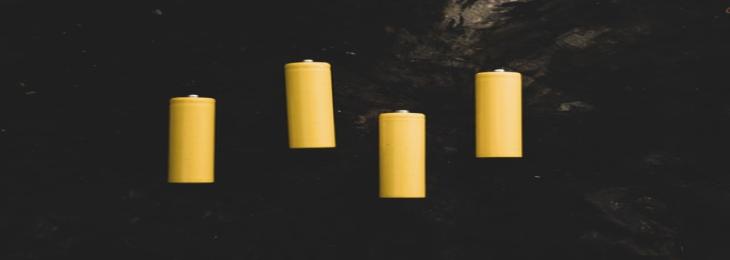Oct, 2021 - By WMR

Michigan Technological University researchers have designed a novel method for isolating specific cathode materials that use a unique twist on the old froth flotation process.
The engine of modern technological present and future are lithium-ion batteries. They provide power to portable devices such as phones and laptops, as well as electric cars, which are becoming increasingly popular. However, the growing usage of lithium-ion batteries, particularly in vehicles, has overtaken recycling technologies. The current recycling techniques allow for metal recovery in limited forms for battery makers. A massive issue looms on the horizon: Researchers estimate that two million tons of end-of-life lithium-ion batteries from electric cars will be decommissioned per year in just around a decade.
Michigan Technological University’s novel separation method is being scaled up by scientists at Argonne's Materials Engineering Research Facility, opening the path for significant EV battery recycling. Since the cathode materials used for EV batteries differ by automobile manufacturer and production period, a recycler must separate each of the lithium metal oxides— lithium nickel manganese cobalt oxide, lithium iron phosphate, lithium nickel cobalt aluminum oxide, lithium cobalt oxide, etc. in order to reuse them.
The researchers discovered that isolation may be done by introducing a chemical that causes one of the cathode materials, NMC111, to float in the presence of water. Following the separation of the cathode materials, the researchers found through testing that the procedure had no effect on the materials' electrochemical performance. The study contributes to the ReCell Center's objective of developing less energy-intensive processing techniques and capturing rare resources for direct recycling, which is the recovery, regeneration, and reuse of battery components without altering their chemical composition.
Michigan Technological University, Argonne, the DOE's National Renewable Energy Laboratory, Oak Ridge National Laboratory, Worcester Polytechnic Institute, and the University of California collaborated to create the facility.

We will be happy to help you find what you need. Please call us or write to us: